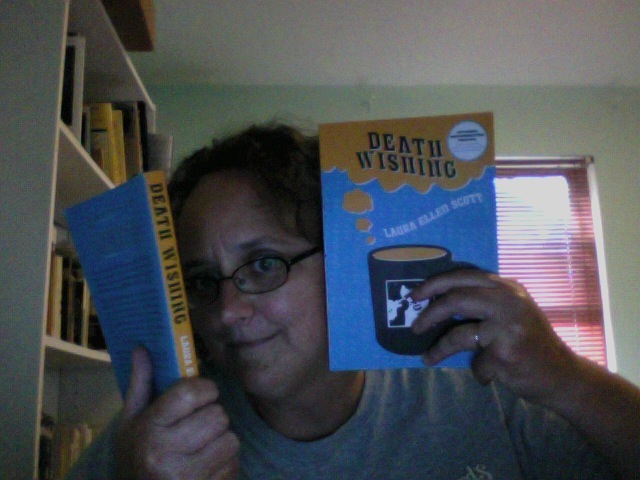
At the end of September, Robert posed Seinfeld-ish/Andy Rooney-ish and possibly untranslatable question on Paul D Brazill’s blog: What is our obsession with serial killers? At the time I almost dismissed it as too simple and too broad a topic, but in the last couple of weeks I keep going back to it, and fortunately forme, Rob has generously offered me space here to sort out my disorganized thoughts. Keep in mind I’m writing this as a fan of murder books, not an expert, and possibly as someone who wishes she could write a serial killer book some day.
First, I need to bite the hand that feeds me and direct your attention to a Slate article from January 2011 called “Blood Loss: The Decline of the Serial Killer,” in which writer Christopher Beam suggests (contrary to Rob’s opinion) that our interest in serial killers is in decline, and that serial killing itself peaked in the 80s. Beam goes on to say, quite correctly, “Infamous crimes almost always needle the anxieties of their periods.”
Luckily for us, fiction amplifies those anxieties to ridiculous levels, and gives us permission us to work through and enjoy worst case scenarios. That’s why Silence of the Lambs is a modern classic, and not just in crime genres. The book and then the film (which remains one of the few truly successful novel-to-movie adaptations) perfectly captured the paranoias of the moment and polished them up for our pleasure. Head case drifters like Ottis Toole and arrogant drop-outs like Ted Bundy became fused and promoted to almost supernatural status in the characters of Jame Gumb and Hannibal Lecter. One reads about Jeffrey Dahmer with a certain flat dread, but we relieve ourselves via the thrill of the murder novel. All fiction is fantasy.
However, Silence of the Lambs confused a lot of writers. At the time it came out, it was a rich, culturally significant story, but all some writers took away with them was the cannibalism and the skinning, and so began an era of perverse verticality. Book by book, our invented killers had to top each other as opposed to advancing in their own individual pathologies, sort of accumulating into one magical killer that we are all creating together. The escalation is not that of any credible killer, it’s ours. And with series-based serial killers, as in the Dexter, Beauty Killer, and even the Lecter franchises, all of which started with great promise before derailing into parody, have we hit a limit? And are there other directions to take the serial killer story?
* * *
Laura Ellen Scott teaches fiction writing at George Mason University. Her work has been selected for The Wigleaf Top Fifty of 2009 and Barrelhouse magazine's "Futures" issue. She has twice been nominated for Dzanc's Best of the Web 2010 anthology. Her first novel, Death Wishing, is currently available for free on Kindle at Amazon.